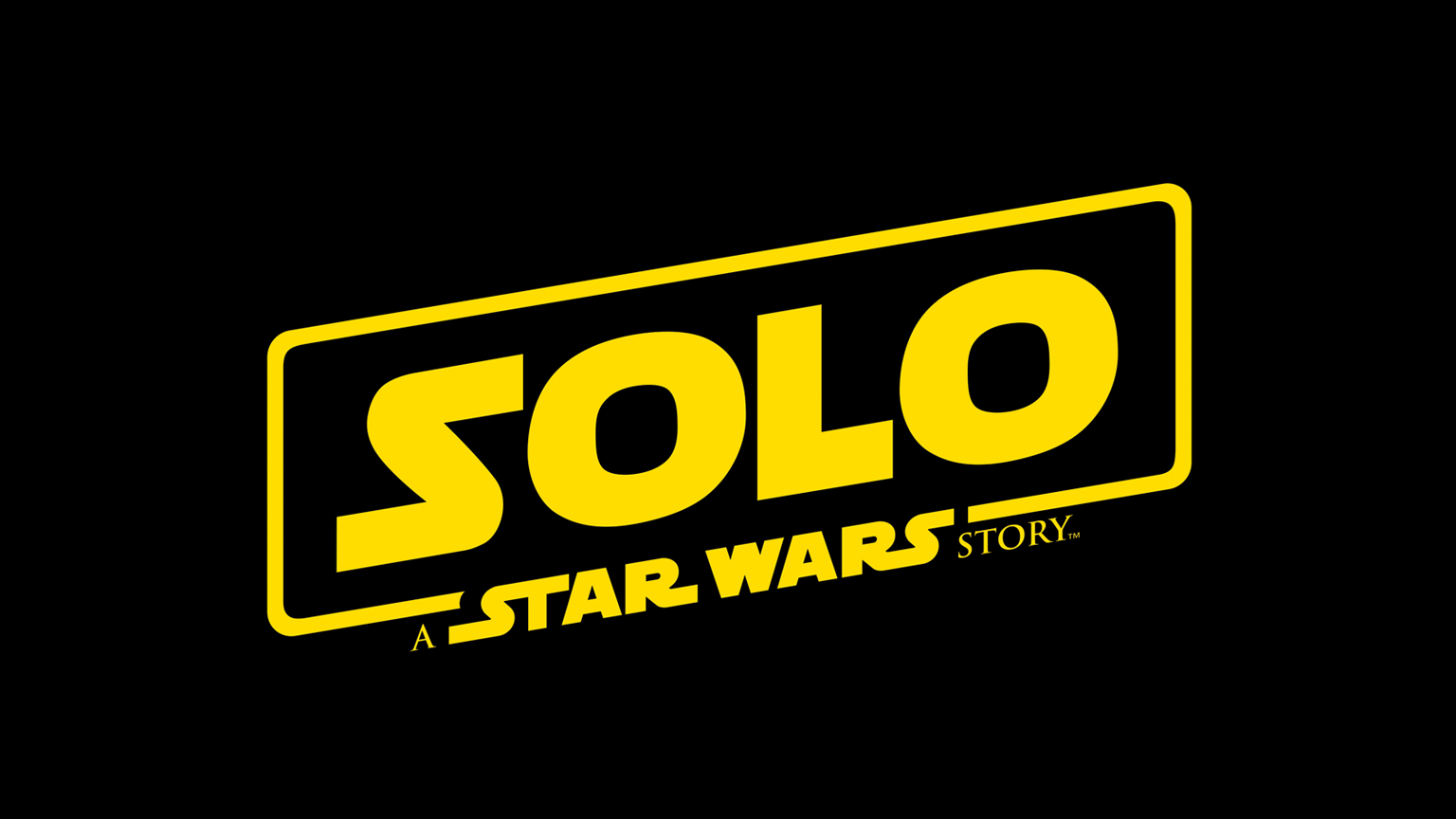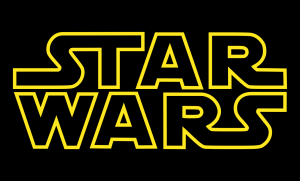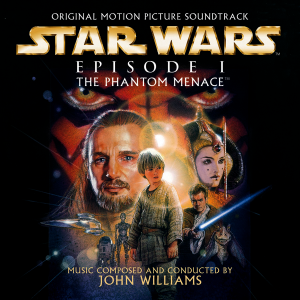Just five months after the release of Star Wars: The Last Jedi (2017), fans of the franchise rejoice. Solo: A Star Wars Story is here, and it’s a blast(er). The film breaks down leading man Han Solo’s history, which is alluded to in the earlier films. Lucky for viewers, Solo’s story proves to be one of improvisation, happy accidents, and many a risky move, all of which work together to create an exciting final product.
From the small, junky planet of Corellia to a skyscraper spaceship of luxury, Han, played by Alden Ehrenreich, remains an irresistibly charming and passionate character. He wants to become an outlaw pilot—“the best in the galaxy”—a decision which fans know will eventually lead him into a friendship with Luke Skywalker and the later plotlines of Star Wars. Here, in his early years, Solo is still getting his space legs, learning the ropes of outlawing and doing his best to keep things light along the way. He succeeds. Despite a few misfires, Solo thrills with impeccably choreographed chase scenes, charms with Solo’s cocked grin, and all the while remains faithful to the original Star Wars films.
Solo starts up in true Han style. He’s being chased, having just stolen something. The details are not yet important, what is important is the fact that Han is already running, already in a desperate bid to become someone. This scene sets the tone for Han’s emotional development throughout the film: always reaching for something more. Soon comes Qi’ra, played by Emilia Clarke, who, like Han, has a passion for escape. She shares his dream of buying a ship of their own and getting out of the slums of their planet. However, just as the two taste their freedom, they are separated. From then on, Han is intent on reuniting with her, so he teams up with Tobias Beckett (Woody Harrelson), a crafty outlaw who ends up serving as a mentor for Solo, as well as the rest of his crew, including, of course, the friendly wookie Chewbacca (Joonas Suotamo).The group embark on a job to bring expensive space fuel to Beckett’s client Vos (Paul Bettany), the ruthless leader of Crimson Dawn, a powerful crime organization. Throughout the film, Han tries to be just like Beckett, but his true, “good guy” ways, as Qi’ra puts it, continuously break through and interrupt his plans.
Alden Ehrenreich and Emilia Clarke bring a wonderful chemistry to the relationship between their characters. After Han and Qi’ra’s separation early in the film, the two grow out of the naiveté of their early years. Once reunited, their banter reveals to one another a mysteriousness about their pasts, as well as an unwillingness to demystify it on Qi’ra’s part. Ehrenreich conveys Han’s struggle with this new distance from his love, as well as his early adjustment to living with a price on his head once the job with Beckett becomes more complex than expected. Further, throughout the film, as Han’s desire to be a criminal clashes more and more with who he really is, Ehrenreich adjusts emotion accordingly, and despite the occasionally lackluster line delivery, gives a solid performance of this inner struggle. His ability to convey Han’s inner conflict relating to this never-before-seen history while also remaining faithful to the quirks and personality of Harrison Ford’s original Solo is a welcome surprise following rumors of Ehrenreich’s acting difficulties during production.
Solo is unique through its focus on the basic evil of the Empire. Some diehard Star Wars fans identify as Empire supporters (visit r/empiredidnothingwrong here) and focus on the benefits of the law and order established by it. This stance is taken with less taboo than may be expected, as the early films do not successfully establish the basic evil of the Empire from the perspective of your average space being. The prequels demonize the reasons that certain Jedi join the Sith and support the Empire, but do so via a clumsy case study of Anakin Skywalker. The result does not damn the Empire, but rather Anakin, who massacres a bunch of five year old Jedi in a seriously misguided attempt to save his love. Solo approaches the issue of the evil of the Empire differently, by focusing on how it is evil on the ground level. To support this approach, the script points to common themes of dictatorships, including violently forced submission and the systematic maintenance of poverty. From the bottom rung of society where Han and Qi’ra originate, the harshness of the lives of the poor of Corellia is evident. Further, it is shown to be maintained by the tight grip of the Empire, justified all the while with their promises of a better galaxy that will obviously never come to fruition. This bottom-up point of view is not new for Star Wars, but the direct attribution of systematic poverty to the Empire is a new way of justifying the Empire as evil, and establishes Han’s negative association with it which justifies his later involvement with the Resistance.
For his part, Donald Glover looks, sounds and almost feels like Lando Calrissian. His ever-cocked eyebrow, swaggered step and confident demeanor make for a character ready to face the perils and unknowns of space at a moment’s notice. For these reasons, Glover’s attempt at the iconic character is commendable for sure, but he still does not entirely capture Billy Dee Williams’ effortless cool. In one early scene, Lando and Han discuss splitting the profits of a job. The feeling that Glover is trying to seem like the cool guy is inescapable as he banters. His line delivery consistently teeters between sounding posed-smooth and authentic-smooth, which leads one to wonder whether a false confidence is what he was going for in the first place. As for the character himself, he’s a slight departure from the original Lando. Fans will have to decide for themselves whether they like that the script has pulled back his natural swagger in favor of a constructed overconfidence.
A new droid, L3-37 (Phoebe Waller-Bridge,) offers a new voice to the old story. She’s unlike droids like R2-D2 and BB-8, who lack human voices and can only be understood to the extent that their beeps are translated by the human characters. They are lovable, but difficult for viewers to relate with. L3 has quite the mind of her own, similar to C-3PO. Also similar to C-3PO, her independence occasionally spells out trouble for the humans. As far as her role in the film, it’s difficult to credit her with much other than sparking an exciting scene of pure chaos which allows the film to show off a vast array of life forms and droids, similar to the cantina scene in A New Hope. Beyond that, she also has a unique relationship with Lando, with whom she banters as if they were an old married couple, making for some amusing exchanges and the poking of a few holes in Lando’s resolve which he tries to show as being impregnable. These elements of her character make her a delight in small portions, but it becomes clear quickly that Howard wants her to be more. As a result, she’s also a revolutionary, and is not to be treated as an object, as other droids often are. Ultimately, L3 ends up weighed down by this heavy-handed attempt to make her culturally relevant and appealing to the progressive voices of today. Her nagging proves more annoying than her worth as a co-pilot to Lando is useful, and she contributes little to the film overall.
Some of the criticisms of the new Star Wars films must here again be voiced, though certainly not for the purpose of the detriment of the film as a whole. The script, like in The Force Awakens is mostly kid-friendly, occasionally annoyingly so; a few silly moments will draw endless laughter from 12 year old viewers and restrained eye rolls from most. Parts of the script also lack subtlety in favor of overt plot explanations which were likely favored for the benefit of the same targeted, young audience. Lastly, there are unnecessary characters here and there including the doomed first pilot of Beckett’s job, Rio Durant (Jon Favreau) that add little to the plot and a bit of time to a runtime which would have been better off being about 20 minutes shorter.
Overall, Solo is an irresistibly delightful character study of Star Wars’ favorite cocky pilot. From an analytical point of view, it has some distracting weaknesses, but as far as its value as entertainment, it is spectacular. The production value is obviously high, and each scene includes vibrant colors and details which make for a visual feast in every shot. Beyond the thrilling chase scenes, the script includes a few funny moments for all ages, and the character interactions are engaging. Moments like Solo jumping the millennium falcon into hyperdrive for the very first time, gambling with Lando at their first meeting, and naming Chewbacca “Chewie” for short are sure to delight fans and newcomers alike. Considering the early production difficulties, including the changing of directors part of the way into production, Solo is a triumph.






